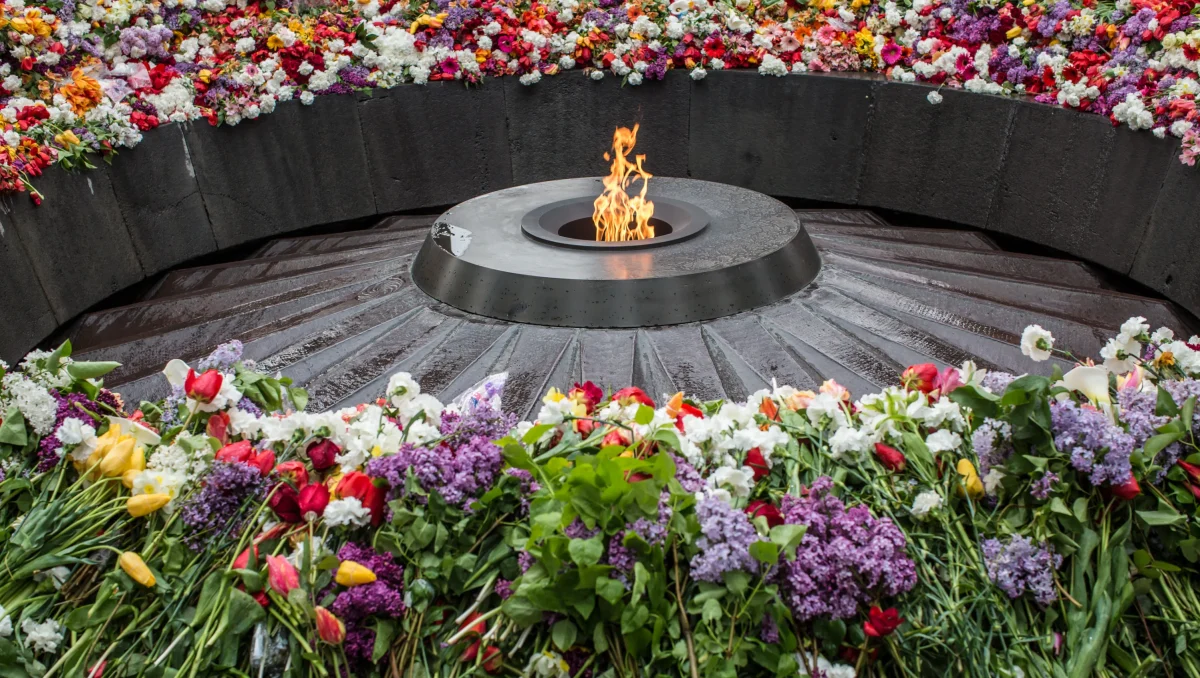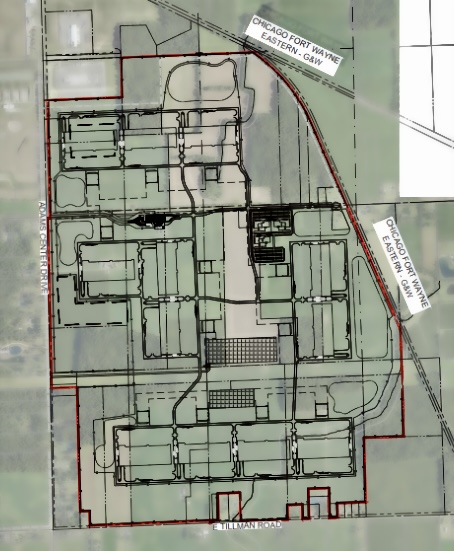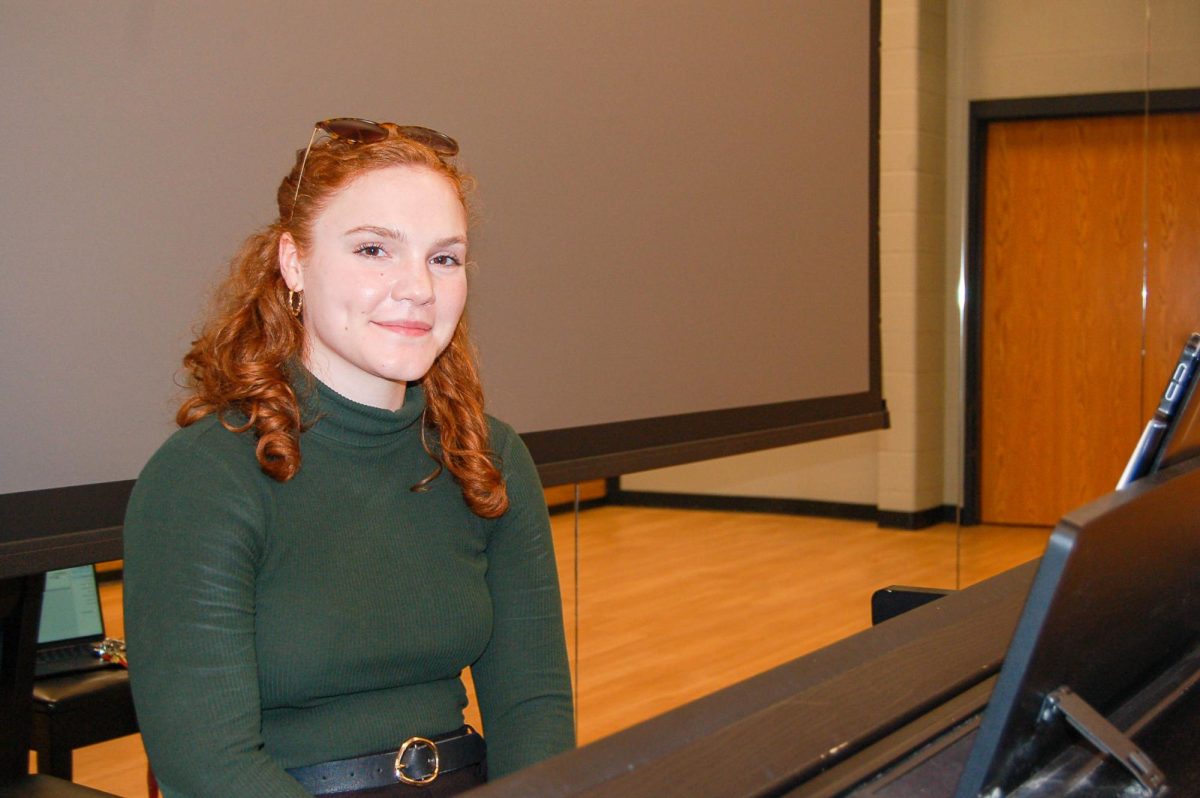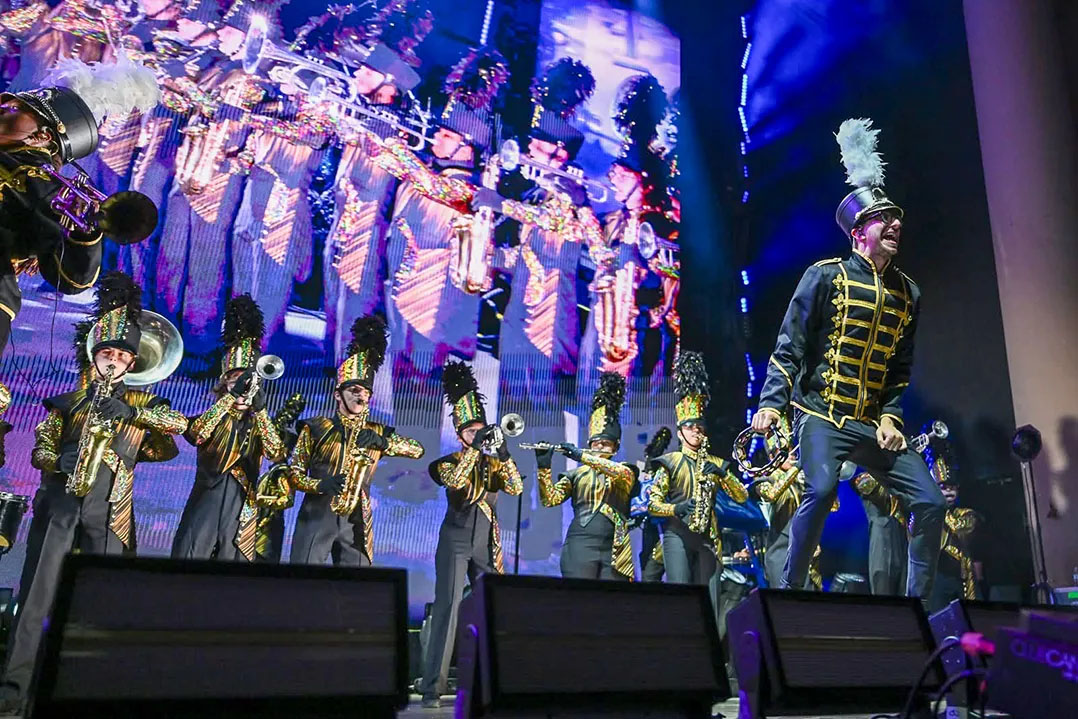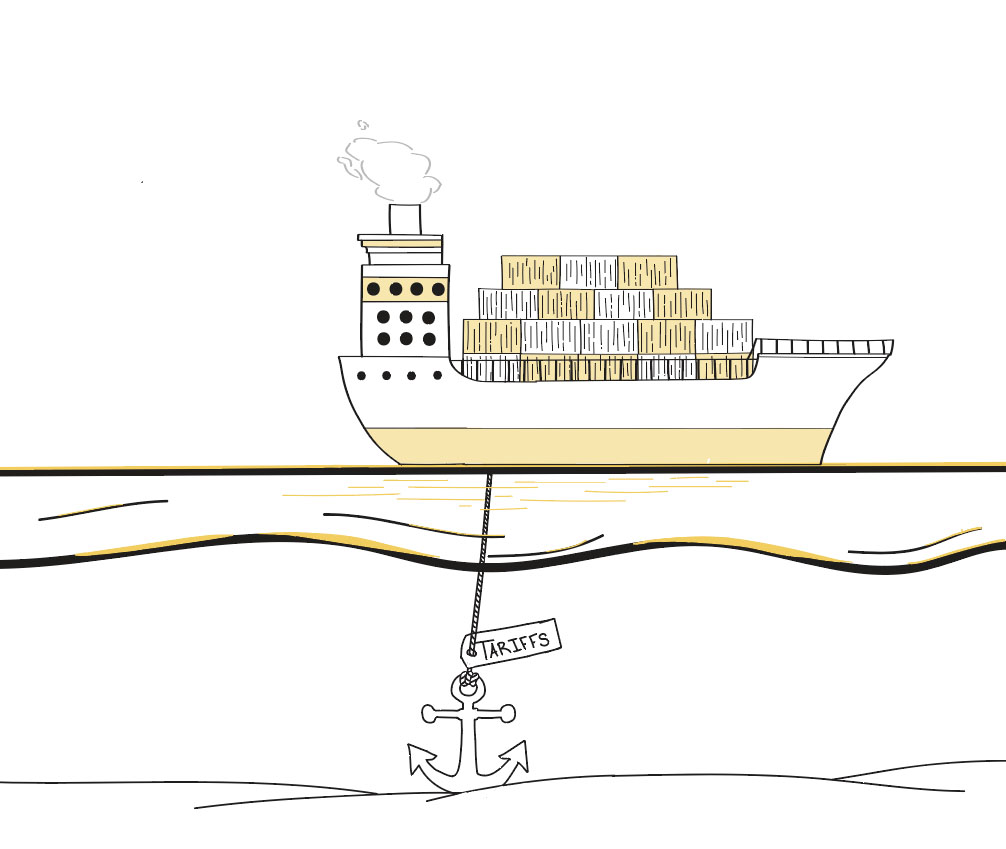According to U.S News & World Report, Noblesville High School’s student body currently has a total minority enrollment of 18%, with clubs geared towards various communities in ensuring a safe space to uplift, recognize, and appreciate various cultures and nationalities. Even though this feature of NHS may bring a sense of belonging on a localized level, a world full of wartime crises, tensions, and conflicts still deeply pains those that share the same nationality, no matter how far away from home they may be. It is important to handle humanitarian topics with care, acknowledgement, and respect to better enable a supportive environment.
The Armenian Genocide Remembrance Day is marked on the calendars of all Armenians worldwide. In 1915, Sultan Turkish leaders within the Ottoman Empire decimated around 1.5 million ethnic Armenians within the Armenian diaspora. Although there has been global recognition of the massacre as a genocide, the national grievances of this mass atrocity has only risen due to consistent war conflicts, such as the Nagorno-Karabakh blockade and various other land-related disputes.
Despite all 50 U.S. states and 23 countries recognizing the mass atrocity, the lack of awareness with regards to actionable intervention continues to be further pushed back on the list of priorities for the allied countries of Armenia. The consequences of this lack of priority for humanitarian intervention, makes itself apparent with the Nagorno-Karabakh conflicts dating from the first war in 1918-1920, to the second war that started in 2020 and continues today.
Nagorno-Karabakh was classified as Azerbaijan land under Soviet ruling, however once the Union collapsed, debates of where the land lay geographically out bursted into violence, resulting in blockades, bloodshed, and displacement for both Armenians and Azerbaijanis. Third-party intervention is a necessity to bring peace and clarity due to Armenia’s lack of technological advancement in weaponry. Armenia’s military disadvantages put it in a much more vulnerable position when compared to Turkey and its neighboring country Azerbaijan.
Historically, mass atrocities like this have been the result of multiple factors and require attention to all perspectives. Education in regards to learning about a mass atrocity reaches further than knowing the history of it, rather than emphasizing the need for action to alleviate tensions between disputes, and to comply for those who suffer from it. Having a systematic, unbiased approach to the education of historical and current events, is a primary step in addressing the grievances healthily, and thereby making a difference.



